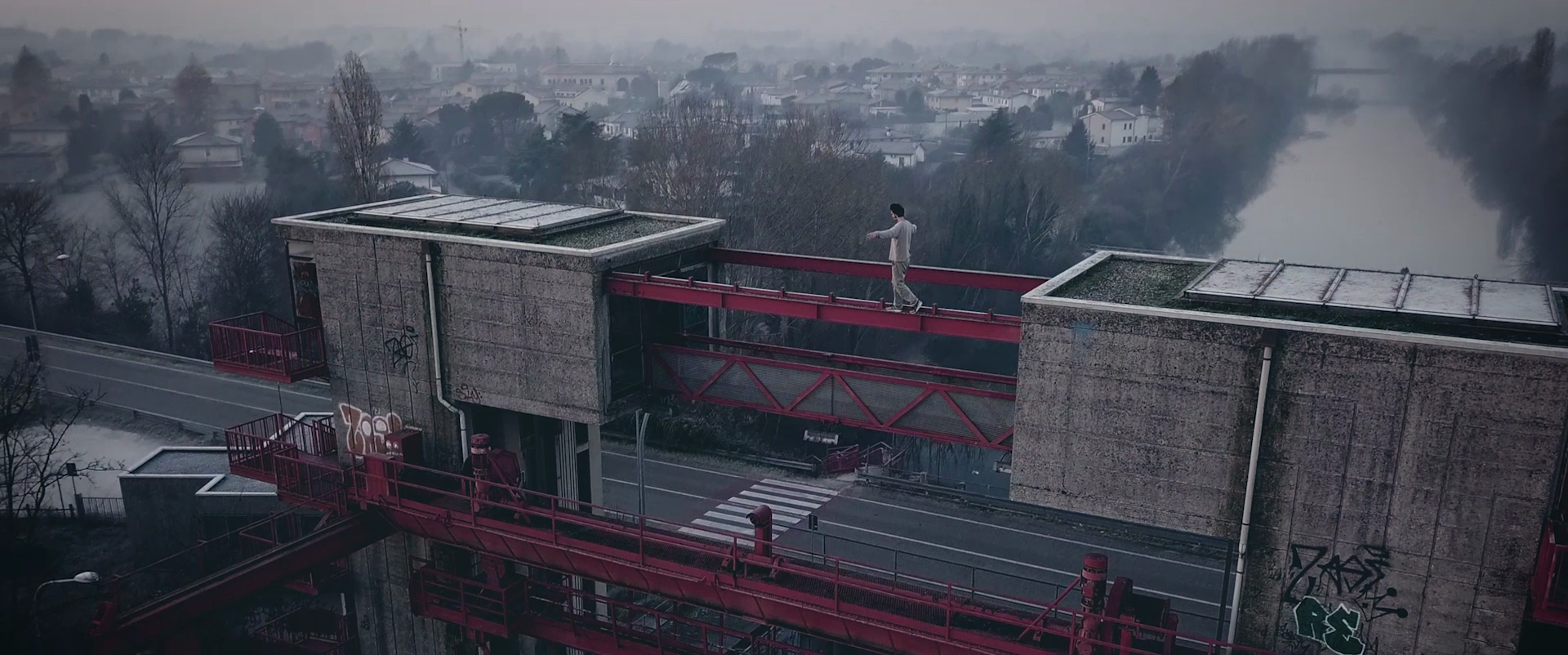
Radical Physical Education
for the 21st century

Redefine physical preparedness

Expand your creative range

Discover through play

Develop an intelligent body

Reveal your essence
